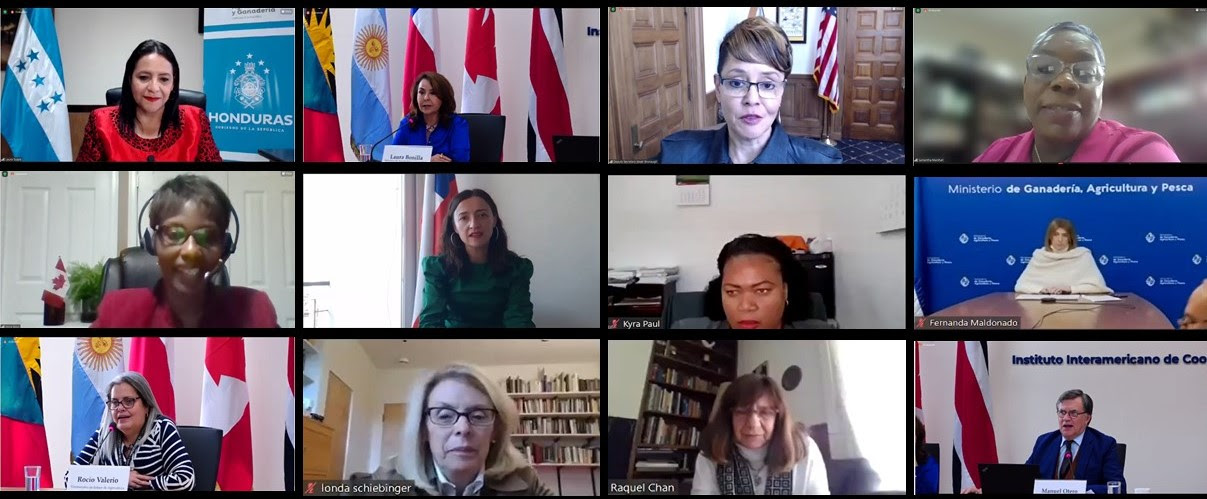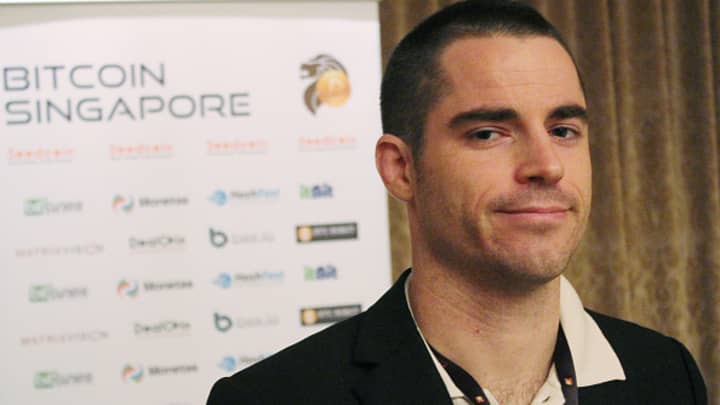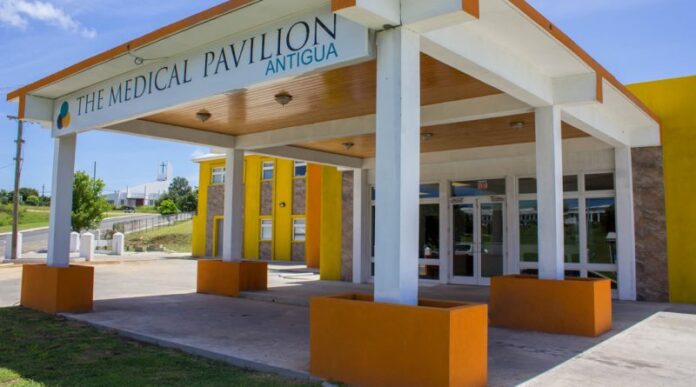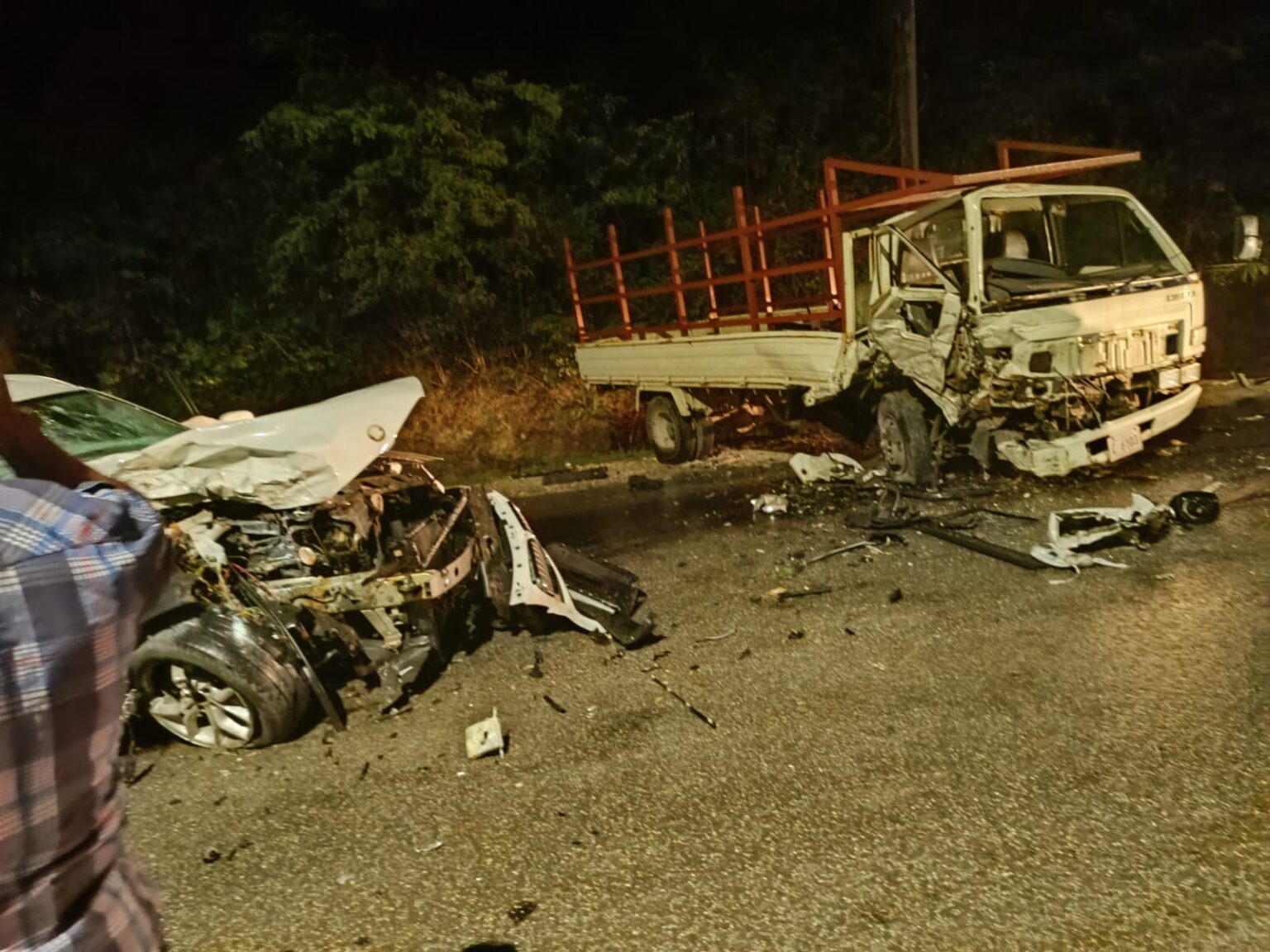Only the full participation of women in scientific research and technological innovation linked to food production will enable a more inclusive and sustainable agriculture in the Americas. CLICK HERE TO JOIN OUR WHATSAPP GROUP FOR NEWS UPDATES.
Thus advised the participants of the II Forum of Female Ministers and Deputy Ministers of Agriculture and Other High-level Officials of the areas of agriculture, science and technology of the countries of the Americas, at which political authorities and prestigious scientists from across the hemisphere staged a high-level debate on “The new frontier of knowledge and the importance of the role of women in science”.
The event, organized by the Inter-American Institute for Cooperation on Agriculture (IICA) in collaboration with the government of Honduras, brought together women in important decision-making positions in the continent’s agriculture sector, and marked the continuity of the Forum that was established in July 2021 on occasion of the UN Food Systems Pre-Summit held in Rome, with the mission to improve public policies and make visible the leading role of women in rural development, favoring the full recognition of their rights.
The participating authorities carried out a rich exchange of experiences and reviewed the wide range of public policies that are being implemented in the countries of the Americas. These women are breaking the gender stereotypes that have traditionally hindered a woman’s access to the highest positions in both the public and private spheres.
They were all in agreement that a gender-sensitive agenda is essential to repave the way toward true equity in the agriculture sector, where topics of science, technology and innovation are the keys to a transformation that would contribute to the continent’s economic growth and inclusive development. CLICK HERE TO JOIN OUR WHATSAPP GROUP FOR NEWS UPDATES.
Participants included Laura Suazo, Secretary of Agriculture and Livestock of Honduras; Laura Bonilla Coto, Minister of Agriculture and Livestock of Costa Rica; Jewel Bronaugh, Deputy Secretary of Agriculture, United States Department of Agriculture; Samantha Marshall, Minister of Agriculture, Fisheries and Barbuda Affairs of Antigua and Barbuda; Joyce Irene Boye, Director General of Agriculture and Agri-Food Canada Science and Technology Branch; Carolina Gainza, Deputy Secretary of Science, Technology, Knowledge and Innovation of Chile; Kyra Paul, Permanent Secretary with the Ministry of Blue and Green Economy, Agriculture and National Food Security of Dominica; Fernanda Maldonado, General Director of the Secretariat, Ministry of Livestock, Agriculture and Fisheries of Uruguay; and Rocío Valerio, Deputy Minister of Agriculture and Livestock of Costa Rica.
Professor Londa Schiebinger, Director, Gendered Innovations in Science, Health & Medicine, Engineering and Environment Project at Stanford University (United States), and Raquel Chan, an Argentine biochemist specializing in biotechnology and IICA Chair in Biotechnology, also presented at the event, and Manuel Otero, Director General of IICA, made the opening and closing remarks.
Minister Suazo read a message from Honduran President Xiomara Castro—the first female to occupy the highest post in the Central American country—who underscored IICA’s contribution to reducing the gender gap in rural areas.
“We must promote the participation of women in science and technology linked to agriculture to find quick, sustainable solutions to our problems and promote the participation of young people”, expressed the president through her message.
“We want to work with IICA to make the big changes the agri-food systems need at this very difficult time”, said Bonilla, who advocated sending women and especially young girls the message that “you can reach decision-making positions to have a greater impact on the needs of women, especially in rural areas”.
For her part, Deputy Minister Valerio stated that “food security and the sustainable development of rural areas lies necessarily in the hands of women. This has always been the case, but has not been recognized for a long time”.
Minister Marshall shared that with IICA’s help, they established the Antigua and Barbuda Network of Rural Women Producers, which contributed to increasing yields and the sustainability of agriculture in the Caribbean country. “Women are the backbone of every society and improving opportunities for them requires getting everyone involved”, she said.
Turning challenges into opportunities
“Women in agriculture pave the way for a better future. Empowering new generations of women is our responsibility, and education plays a fundamental role in that”, said Deputy Secretary Bronaugh of the United States, who advocated for policies that would turn challenges into opportunities.
Joyce Irene Boye gave a detailed account of the Canadian government’s policies to promote the advancement of gender equality and female empowerment. “We’re bringing new energy, ideas and solutions to agriculture”, she said.
“Covid-19 had a profound impact and exacerbated a number barriers that we have already faced. During the recovery, we must be more inclusive”, she added.
In turn, Carolina Gainza emphasized the value in female leaders in agriculture on the continent exchanging their experiences and called for gendered public policies to transform the agri-food systems.
Kyra Paul explained Dominica’s so-called Green and Blue Economy, which promotes food security through the sustainable use of human and natural resources. Paul said that Dominica is working to reverse the disadvantages faced by women in the agriculture sector and highlighted that as a result of the advancement of women, they now occupy 29% of the seats in Parliament.
Maldonado referred to the National Gender Plan in Agricultural Policies launched in Uruguay in 2020 as specific measures.
“The agriculture we want must possess knowledge that allows for increased productivity without mortgaging natural resources. The focus is to work with women in science and agricultural research. We must raise awareness that equity is good business”, she announced.
“Achieving the desired level of sustainable development requires not only the participation of women, but women in decision-making positions. Agriculture has been a male-dominated sector”, expressed Secretary Suazo, who affirmed that women face obstacles in accessing land ownership and financing at favorable rates.
The role of science
Stanford University professor Londa Schiebinger shared aspects of the Mola aquaculture project in Bangladesh, in which rural women have played a prominent role and that has made an extraordinary contribution to the food and nutrition security of vulnerable communities in the Asian country.
For her part, Raquel Chan advocated for better dialogue between public policy designers and the scientific sector. Chan highlighted the role played by IICA as a bridge between different hemispheric stakeholders in agriculture and said that: “Studies have found that countries that invest the most in science are the ones that rise out of poverty”.
IICA’s Director General recalled that it was the Institute’s member states that asked to this space to be institutionalized at the Conference of Ministers of Agriculture in 2021.
“They asked for it so as to make visible, reinforce and prioritize the relevance and contributions of rural women, and, above all, to propose policies to reduce the gaps and gender inequalities, favoring the participation and inclusion of women in the sustainable rural development agenda in a framework for equity”, he explained.
Otero pointed out that 58 million women live in rural areas around the continent, whose work is often underreported and unrecognized and who face difficulties in accessing credit and technical assistance programs.
“Their integration in the processes of agricultural and rural development under equitable conditions is essential to change the paradigm of rural areas and turn them into what they should be—areas of progress, opportunity and well-being”, he added.
Otero concluded that, “Women must have all the tools to be the protagonists of this knowledge-intensive agriculture that offers so many opportunities. Rural women and new generations constitute the greatest driving force behind the agriculture sector and the dynamics of the rural environment”. CLICK HERE TO JOIN OUR WHATSAPP GROUP FOR NEWS UPDATES.




















